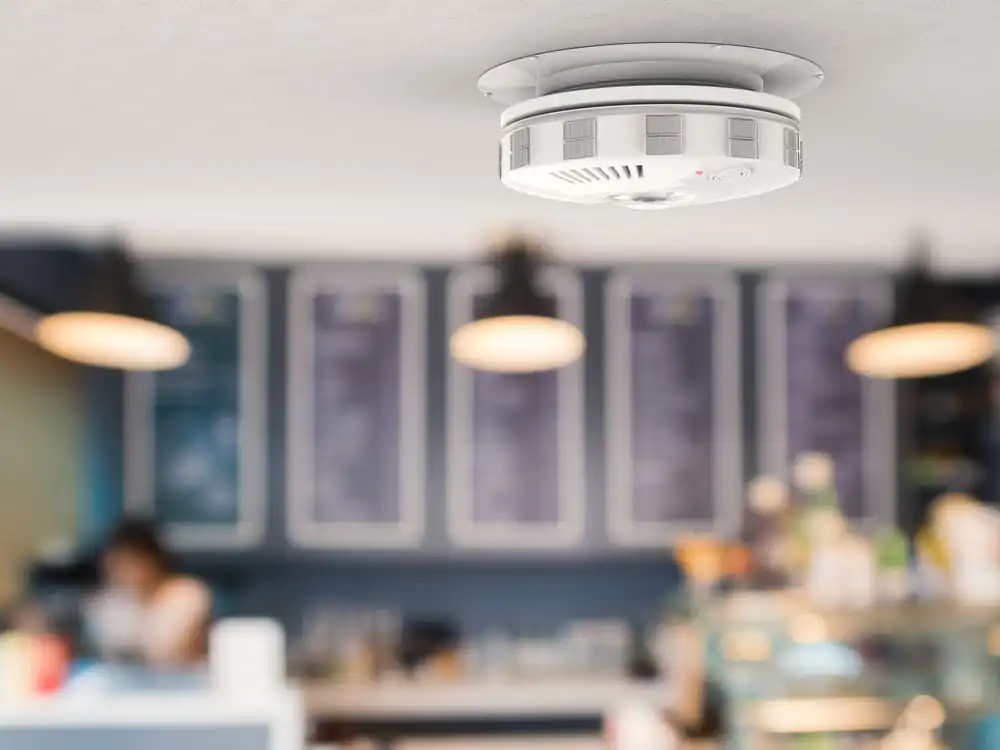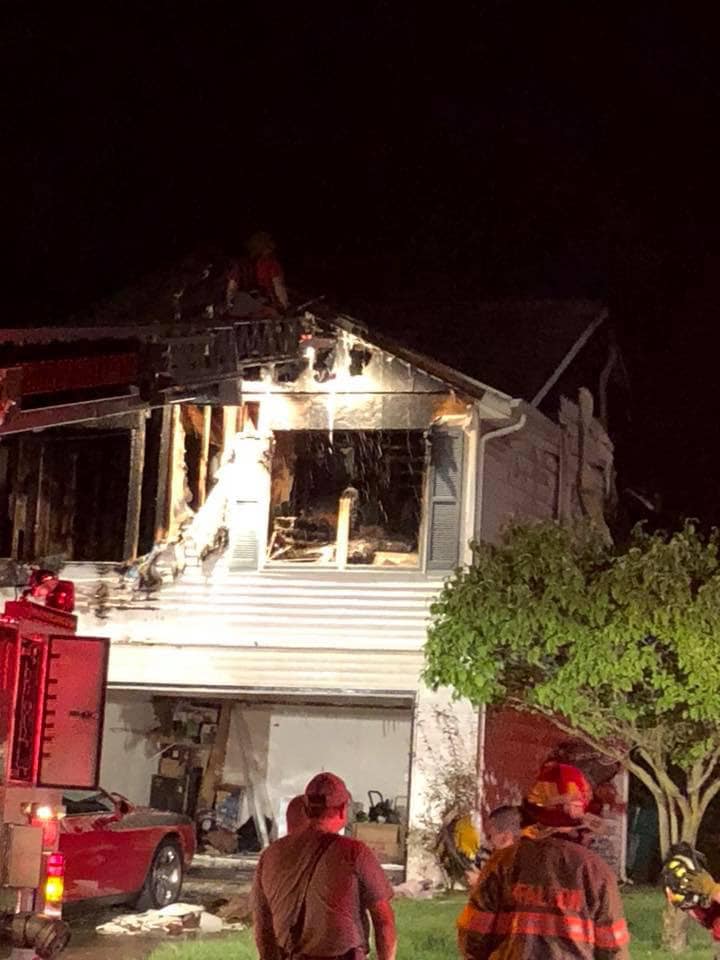
Smoke alarms are extremely important in keeping you and your family safe in case of a household fire. But they don’t always sound when an actual fire threatens to break out in your home. Though fake alarms occur often, that doesn’t mean you should ignore the sound if you don’t see or smell smoke. Smoke detectors can sense hidden fires, such as electrical ones before you can. If an alarm sounds, assume there is a fire and follow proper safety precautions.
To help you better understand how smoke alarms work, here are the top causes of smoke alarm triggers you should know.
- Burnt Food on Stovetop – If you don’t supervise the stove when cooking, your dinner may produce smoke which activates the smoke alarm. In some cases, smoke isn’t even necessary – a hint of burnt food can be enough to set off the detector. Also, make sure your smoke alarm is optimally placed, such as in the hallway leading to the kitchen, not in the kitchen itself.
- Burnt Toast or Popcorn – Leaving bread in the toaster or popcorn in the microwave for a little too long can happen to the best of us. That sends heavy particles into the air which your smoke alarm picks up. To avoid this situation in the future, keep your smoke detector at a safe distance from these devices.
- Fireplaces – Your fireplace can sometimes send smoke into your house, which sets off the alarm. This isn’t the alarm’s fault, though. Your chimney may not be clean and the dampers may not be properly set. Hire a chimney sweep if your fireplace sends smoke into your home.
- High Humidity – Smoke alarms don’t always distinguish between smoke particles and moisture content. Thus, the density of the moisture particles can trigger your alarm, even if they’re water particles. If you have high humidity in your home, use fans or windows to dissipate the humidity.
- Steam – Dense water vapor is like humidity when it comes to triggering false alarms. When you take a shower or boil water on the stove, smoke detectors can sense the steam and sound the alarm. Make sure you ventilate your bathroom and kitchen properly to prevent this.
- Insects – Small bugs love dark crevices in your home, so they may crawl into your smoke detectors, triggering a false alarm. If you don’t know what caused an alarm, open the device and check for small insects. Use pest control sprays around your smoke alarms if insects were the culprit.
- Chemical Smells – Painting or using harsh chemicals can also cause false alarms. Smoke detectors pick up on those chemical odors fast. Ventilate areas where you paint or use chemicals to avoid the startling noise of your smoke alarm.
- Dust and Dirt – Dust that comes from activities like remodeling may set off your smoke alarms. To clean your smoke alarm, open it up carefully and look inside for dust or dirt. Use a vacuum attachment or electronic aerosol cleaner to remove dust particles.
- Low Batteries – When smoke alarm batteries are running low or aren’t properly connected, they typically make small chirping noises. While that’s not the sound of smoke detection, it’s a warning sign that you should check on your device. Replace batteries twice a year – when daylight saving time starts and ends.
- Old Smoke Alarm – Smoke alarms generally have a lifespan of about 10 years. When they reach the end of their lifespan, smoke alarms may give off false alarms. If your detector is older than 10 years, replace it with a new one right away.
Remember, smoke alarms are meant to be sensitive. If a detector sounds a false alarm, it doesn’t mean it’s broken. Their purpose is to help you catch a fire before it becomes life-threatening. Install your smoke alarms not too close, but not too far away either, from potential fire hazards. For fire damage repair or smoke damage restoration, contact your local PuroClean office.



 PuroClean Emergency Restoration Services
PuroClean Emergency Restoration Services